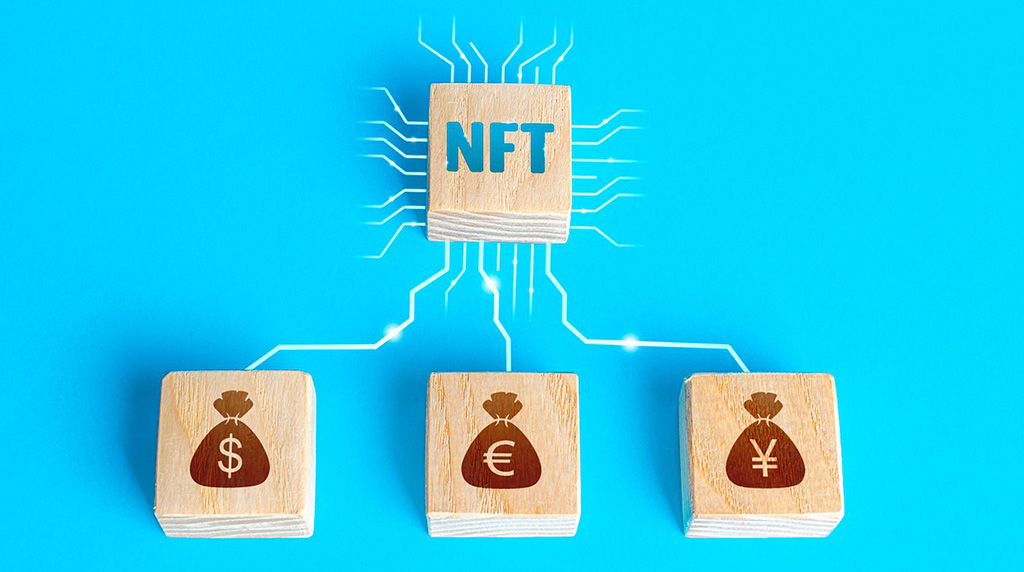The increasing adoption of nuclear power in bitcoin mining is a major step forward for the cryptocurrency industry and the environment. Terawulf’s Nautilus Facility in Pennsylvania is the first nuclear-powered bitcoin mining facility in the United States, and it is expected to reach 1.9 EH/s by May. This is a significant milestone for the industry, as it is the first bitcoin mining facility of its kind to receive carbon-free energy 24/7 from the 2.5 GW Susquehanna nuclear plant in Pennsylvania.

The use of nuclear power in bitcoin mining is beneficial for both the industry and the environment. For the industry, it provides a reliable and cost-effective source of energy, with Terawulf receiving a fixed electricity rate of around $0.02 per kilowatt-hour (kWh) for the next five years. For the environment, it reduces the carbon footprint of bitcoin mining operations, as nuclear power does not produce any carbon emissions.
The increasing adoption of nuclear power in bitcoin mining is also likely to have a positive impact on the cryptocurrency industry. With the rise in the price of bitcoin (BTC) since the end of last year, several firms are expanding their mining operations, with some locating to Pennsylvania. This is likely to lead to increased competition in the market, which could result in lower prices and better services for consumers.
In addition, the use of nuclear power in bitcoin mining could also lead to increased regulatory clarity in the industry. The Russian government has recently submitted a bill to the State Duma, the lower house of parliament, to update the country’s tax law to incorporate provisions pertaining to cryptocurrencies. This could provide a much-needed boost to the industry, as it would provide clarity on the taxation of sales and profits in the market.
Overall, the increasing adoption of nuclear power in bitcoin mining is a positive development for the industry and the environment. It provides a reliable and cost-effective source of energy, reduces the carbon footprint of bitcoin mining operations, and could lead to increased competition and regulatory clarity in the market.



